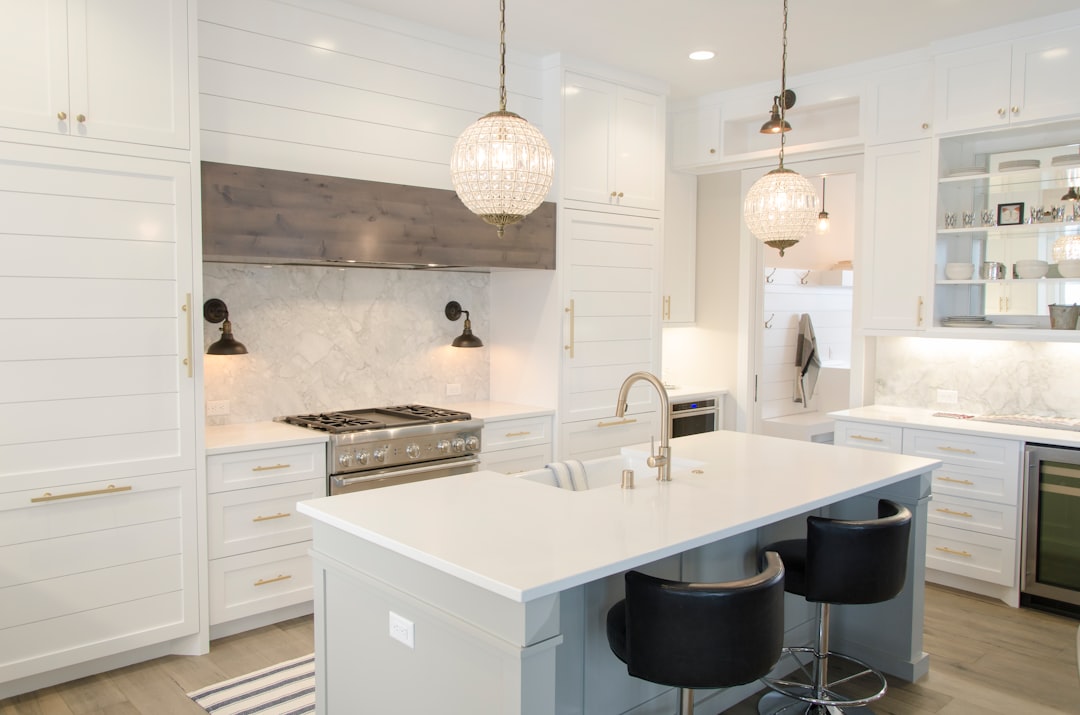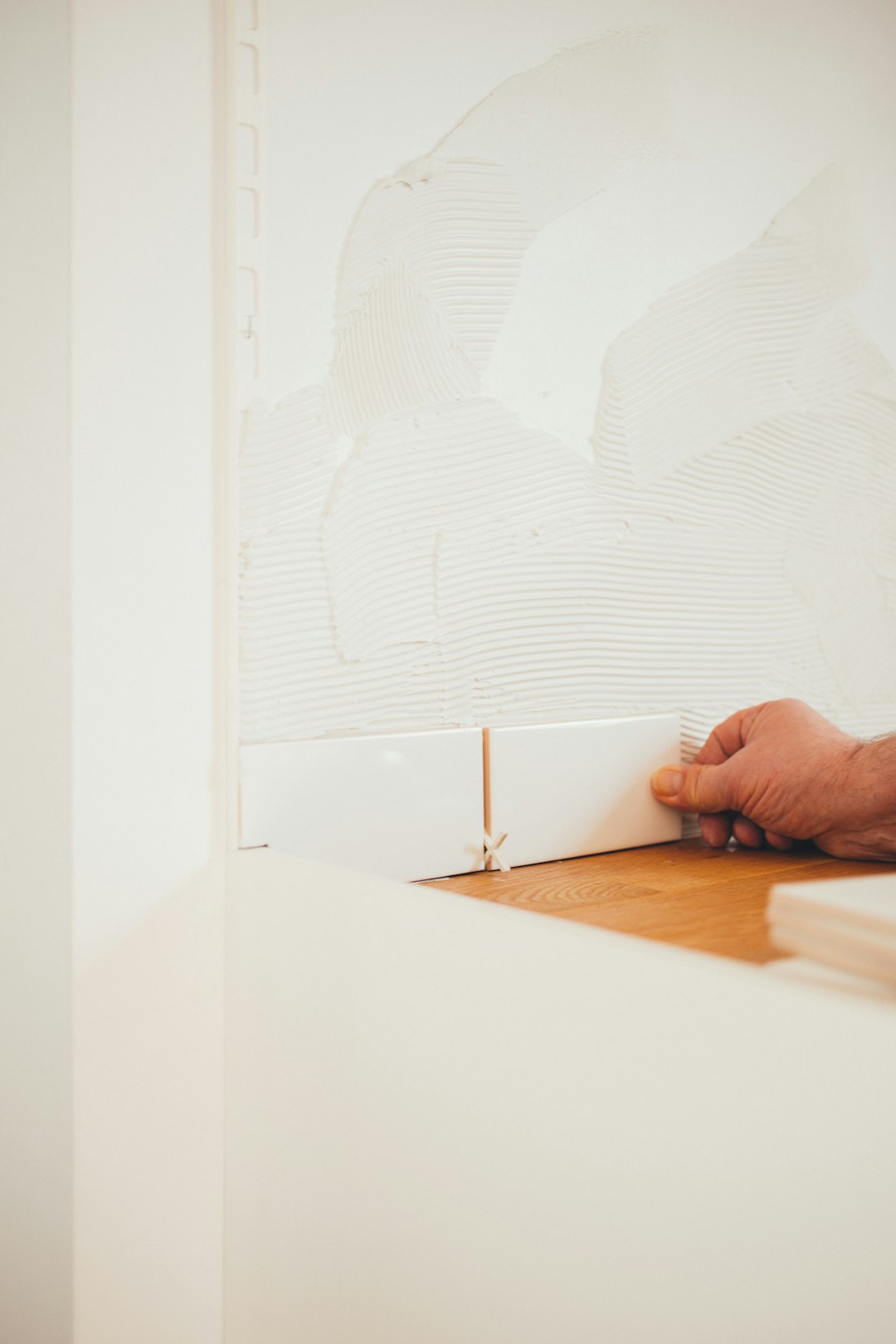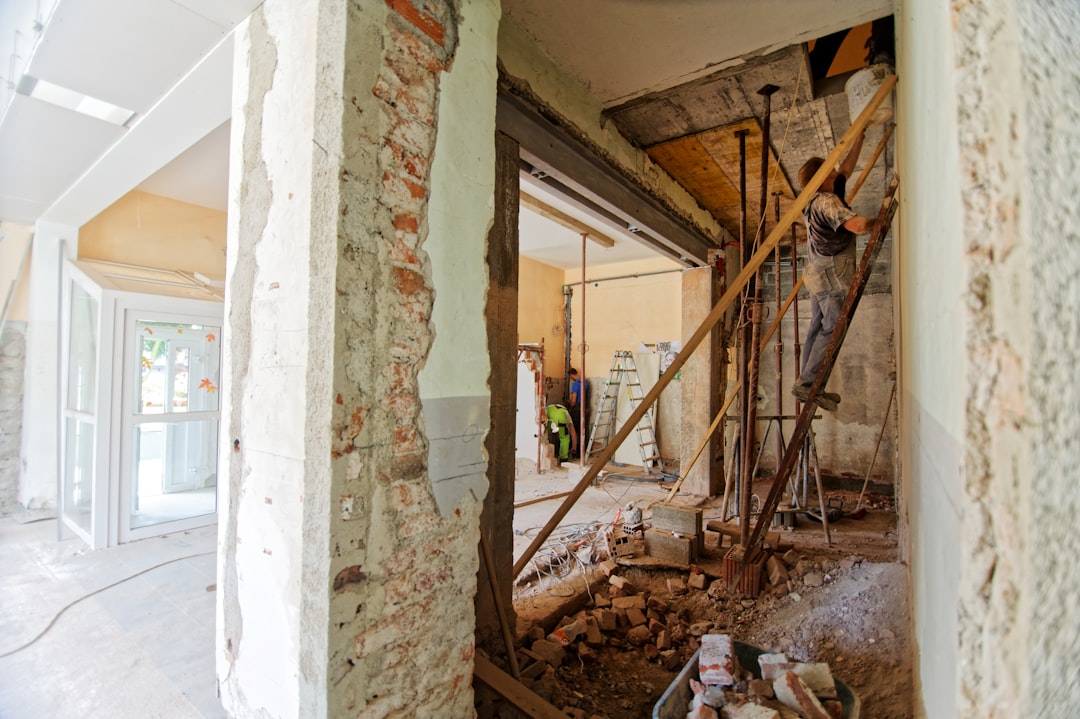Commercial Renovation Loan
Understanding Commercial Renovation Loans
Commercial renovation loans are an essential tool for businesses looking to improve or expand their existing facilities. These loans can help cover the costs associated with renovations, upgrades, and expansions, making it easier for businesses to grow and thrive. In this blog post, we'll explore the various aspects of commercial renovation loans, including their benefits, eligibility requirements, and tips for securing the best loan for your business.

Benefits of Commercial Renovation Loans
There are several advantages to obtaining a commercial renovation loan for your business. Some of the primary benefits include:
- Increased property value: Renovations and improvements can significantly boost the value of your commercial property, making it a more attractive investment for potential buyers or tenants.
- Improved functionality: Upgrading your facility can enhance its functionality, allowing you to operate more efficiently and effectively.
- Enhanced aesthetics: A well-designed renovation can improve the overall appearance of your commercial space, making it more appealing to customers and clients.
- Energy savings: Many renovations include energy-efficient upgrades, which can help lower your utility bills and reduce your carbon footprint.

Eligibility Requirements for Commercial Renovation Loans
Commercial renovation loans are available to a wide range of businesses, but there are certain eligibility requirements that must be met. Some of these include:
- Property type: The property being renovated must be used for commercial purposes, such as retail, office, or industrial spaces.
- Credit score: Borrowers must have a good credit score to qualify for a commercial renovation loan. Lenders typically look for a minimum credit score of 680.
- Debt service coverage ratio (DSCR): Your business's DSCR should be at least 1.25, indicating that you have enough income to cover your loan payments and other financial obligations.
- Loan-to-value (LTV) ratio: Lenders typically require a maximum LTV ratio of 75% to 80%, meaning that the loan amount cannot exceed this percentage of the property's appraised value.

Types of Commercial Renovation Loans
Traditional Commercial Mortgage
A traditional commercial mortgage is a loan secured by a commercial property, which can be used to finance renovations and improvements. These loans typically have a term of 5 to 20 years and interest rates that vary depending on the borrower's creditworthiness and market conditions.
Small Business Administration (SBA) 7(a) Loan
The SBA 7(a) loan program provides government-guaranteed loans to small businesses for various purposes, including commercial renovations. These loans have competitive interest rates, longer repayment terms, and lower down payment requirements compared to traditional commercial mortgages.

Tips for Securing a Commercial Renovation Loan
When applying for a commercial renovation loan, keep the following tips in mind to improve your chances of approval:
- Prepare a detailed business plan: Lenders want to see a well-thought-out plan for your renovation project, including projected costs, timelines, and expected benefits.
- Maintain a strong credit score: A higher credit score will increase your chances of approval and may result in more favorable loan terms.
In conclusion, commercial renovation loans can be a valuable resource for businesses looking to improve their facilities and increase their property value. By understanding the benefits, eligibility requirements, and available loan options, you can make an informed decision and secure the best loan for your business needs.
